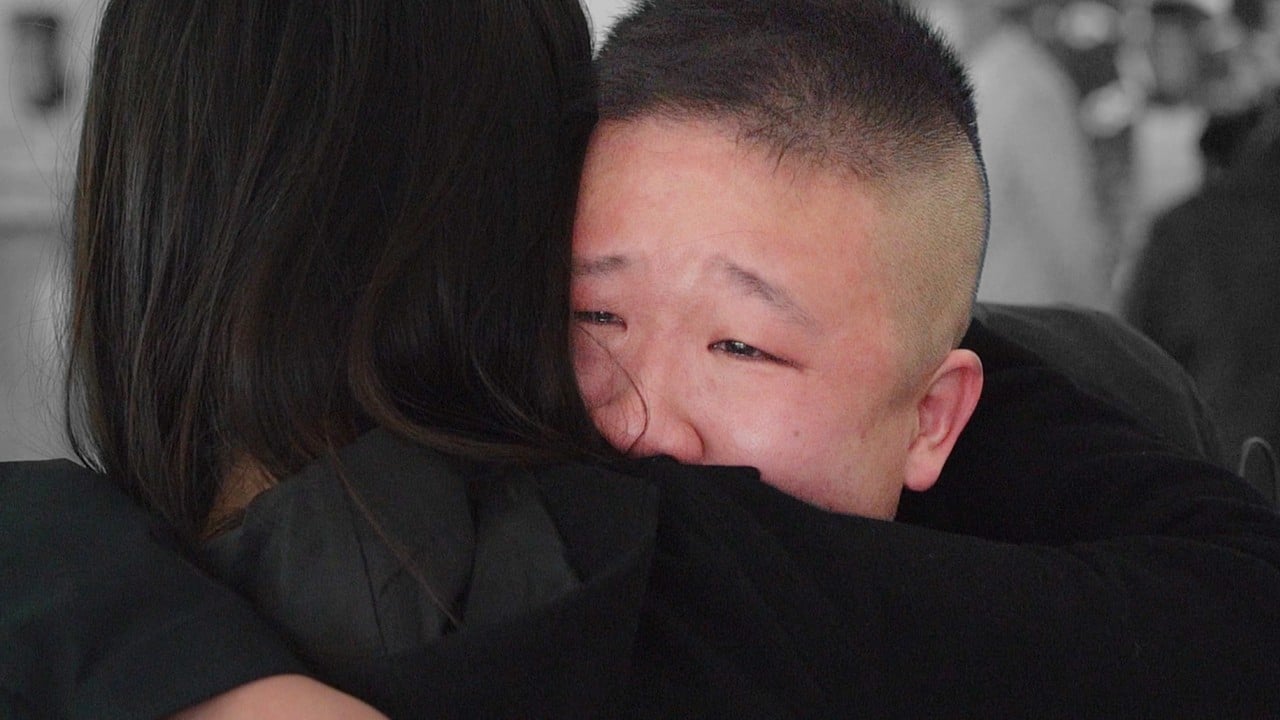
Hong Kong’s worrying turn from a city that once welcomed foreigners with open arms
- The government’s inward-looking attitude threatens to do lasting damage to Hong Kong’s global reputation
- Covid-19 measures that target foreigners through flight bans and long quarantine stays have also taken the shine off the city for many outsiders
Hong Kong’s attraction for many foreigners has been its East-meets-West vibe and location in the centre of Asia on mainland China’s doorstep, a happy point of cultural immersion that requires only dipping in as far as is desired.
There is no need to go “native” and learn the language unless you want to and, if Chinese food of all sorts is not a pleasure, other Asian and Western options abound. Sizeable enough communities of many nationalities exist for those who are homesick for culture and connection.
These are valuable selling points for a city like Hong Kong and its economy has been helped by talented outsiders drawn to work and do business. There was a time when the best in the world were coming in, and their expertise was driving growth and development, research and education.
But, in recent years, interest has subsided and as many regional and international-minded firms will attest, it is now challenging to find competent staff, let alone retain existing ones. The reason is simple: government policies that discourage rather than entice and rhetoric that is blatantly anti-foreigner.
Disruptive anti-government protests in 2019 started an obvious trend that was given impetus when national security legislation was imposed. A US-driven campaign against China that dragged in Hong Kong and led to sanctions compounded the problem, but what has been the final straw for many are rules implemented over the past two years to prevent outbreaks of the coronavirus.
In step with Beijing’s anti-Covid strategy, they have variously banned flights from the worst-hit countries, coincidentally often Western ones that have imposed penalties, required lengthy stays in quarantine hotels and barred foreigners other than those working and living in Hong Kong.

There is now an alarming exodus of people fed up with restrictions that have hurt business and relationships, prevented overseas holidays – a necessity for many attracted to a place due to its location – and worsened workloads due to the inability to bring in recruits.
Outgoing Chief Executive Carrie Lam Cheng Yuet-ngor admitted recently that coronavirus rules were deterring foreigners and had contributed to some leaving. The European Union’s representative in the city, Thomas Gnocchi, said in February that 10 per cent of Europeans had left over the previous year and concern has been expressed by a number of other Western officials.
Flight restrictions were consequently eased last Friday, bans from nine countries being lifted and quarantine stays reduced from 14 days to seven. But there is still no sign of the tourism, exhibition and event industries resuming, border closures to non-Hong Kong residents largely preventing their restoration.
Nor, given the rhetoric of government statements to outside criticism, would I think a reopening would bring about a return to halcyon days.
Responding to regular reports by Britain and the US last week criticising the perceived erosion of rights and freedoms, the media and judiciary, a press release trotted out now-familiar terms that were once only the domain of Beijing, calling them “unfounded and ridiculous” and to “stop interfering into the internal affairs of China”.
Never mind that these assessments as a rule reflect the concerns of foreign residents of such countries, which in the case of Britain number more than 30,000, and the US, in excess of 80,000.
I am not prone to quoting celebrity chefs, but a comment by the late Anthony Bourdain in an episode of one of his TV series bringing together his thoughts on cooking, travel and culture, resonates. “People from somewhere else”, he said, “are a positive development – for food, and an opening up of a culture to the ways of looking at the world and ourselves.”
Hong Kong has long excelled at that, which is why it has attracted so many foreigners, a number of whom, myself among them, have made the city their home.
The idea that outsiders with understanding and expertise that Hong Kong sorely needs to move forward are interfering and have no right to comment on decisions that have been made is anathema to progress and development.
If the government persists in its isolating policies and backward thinking, I pity where Hong Kong is soon destined to be.
Peter Kammerer is a senior writer at the Post


